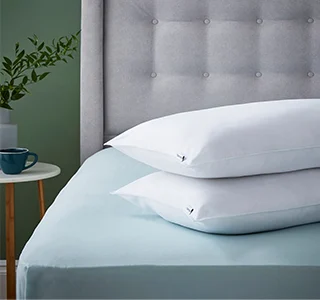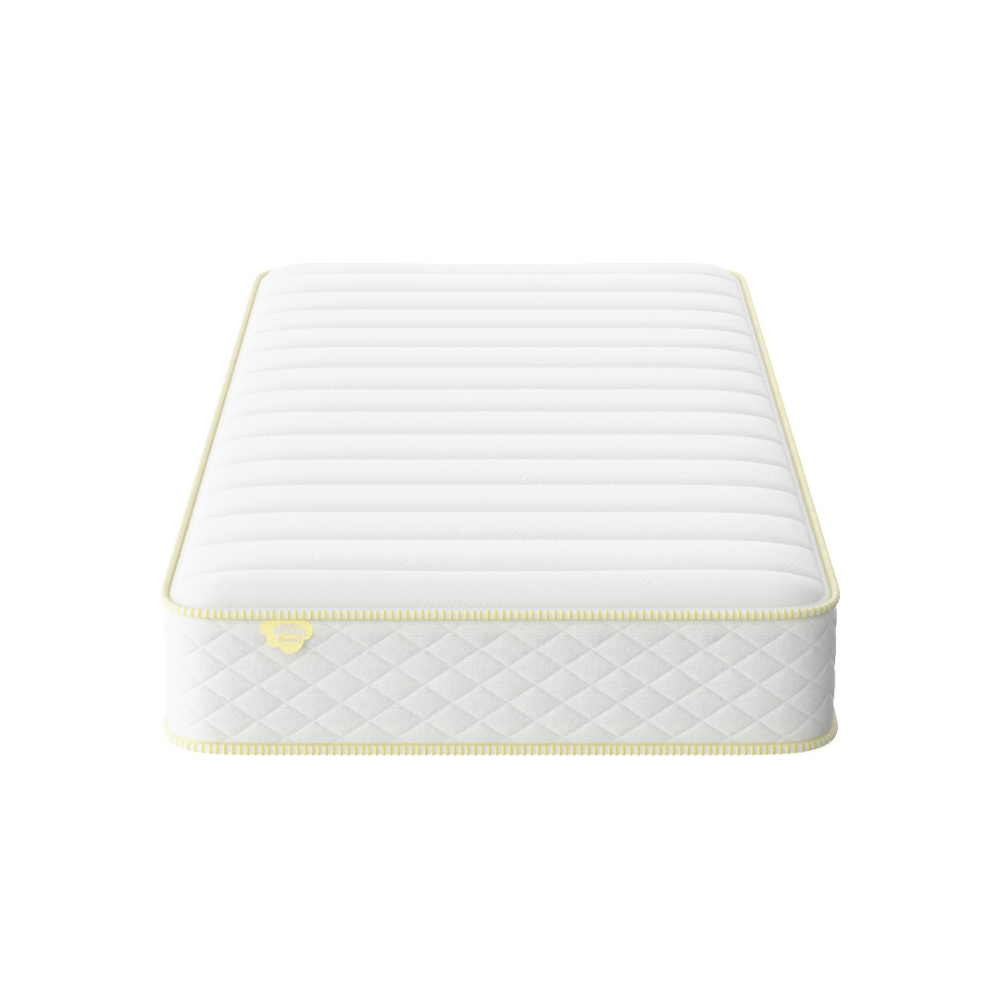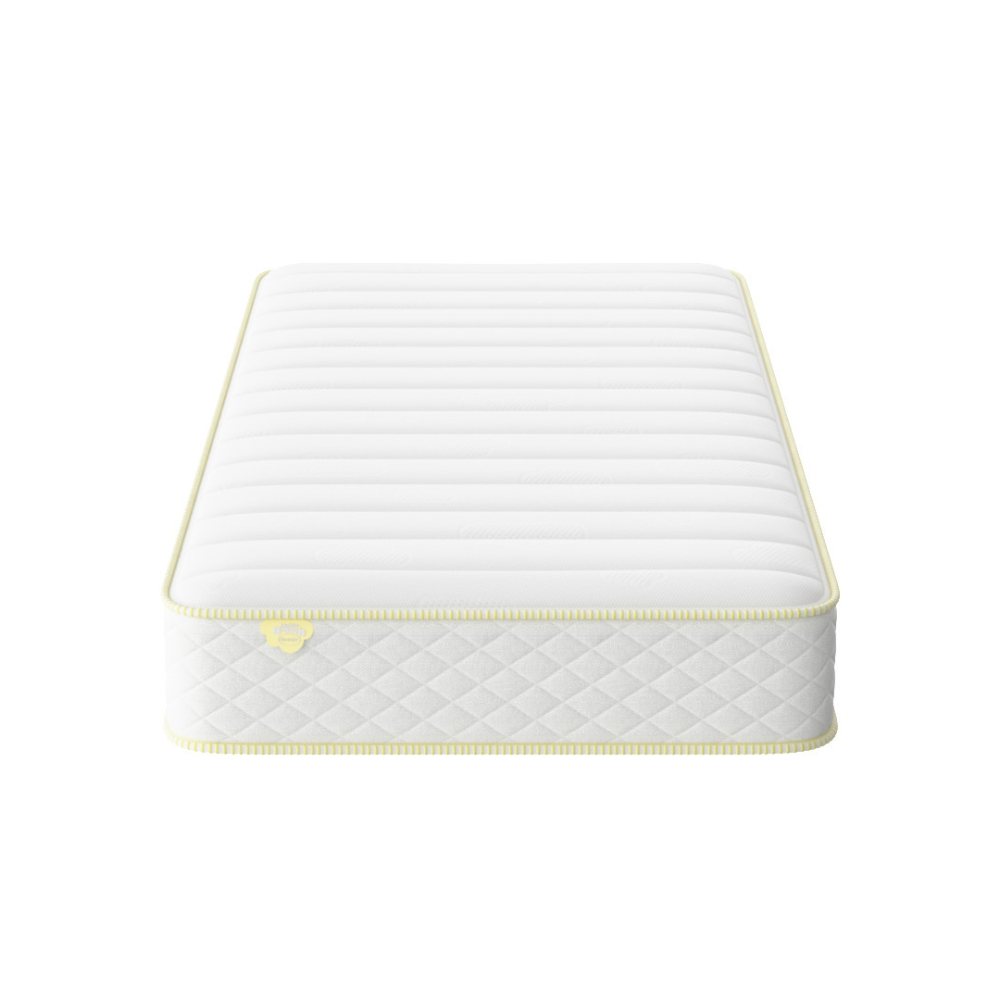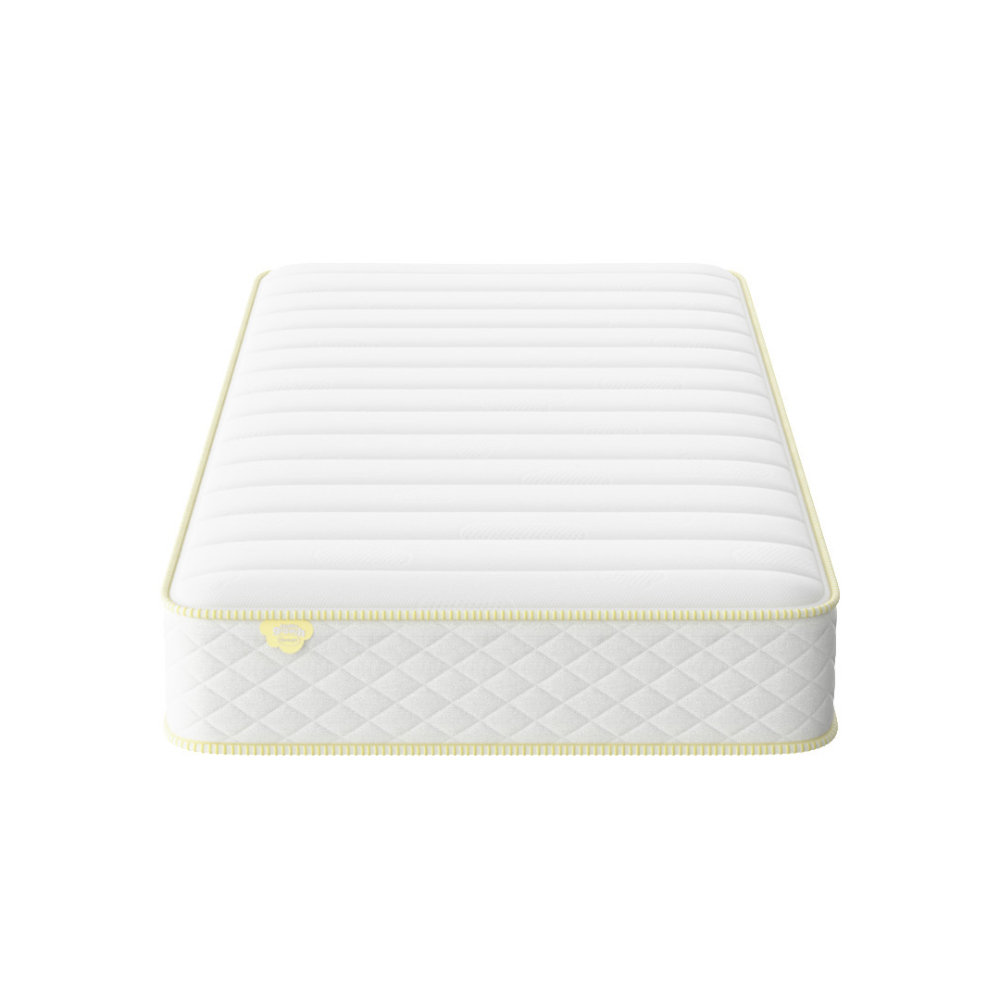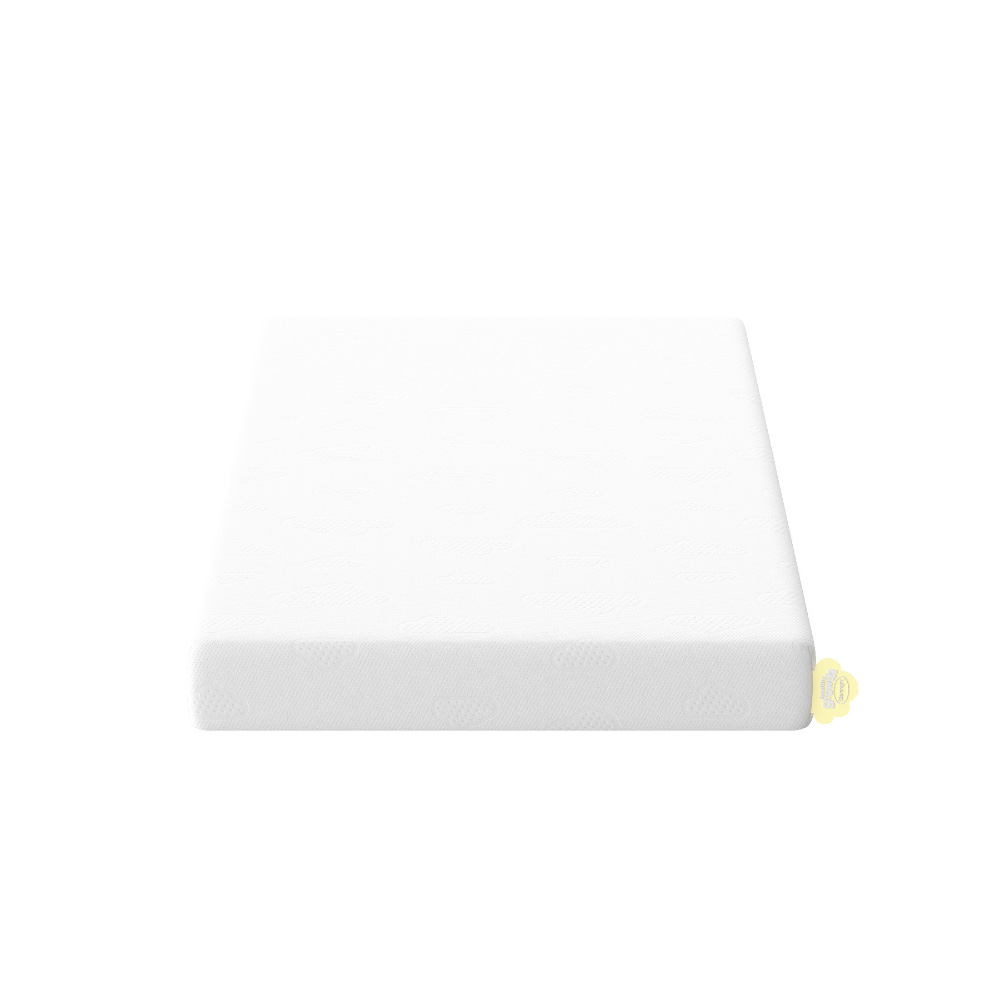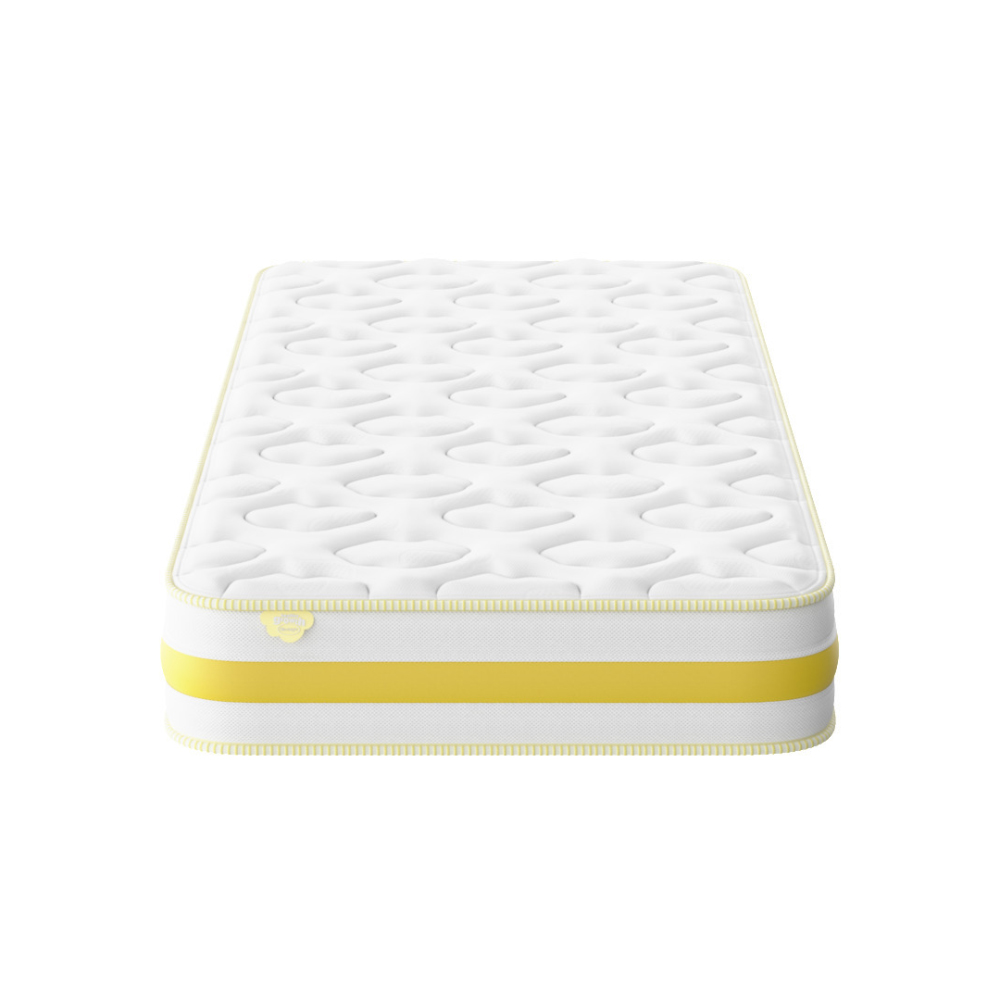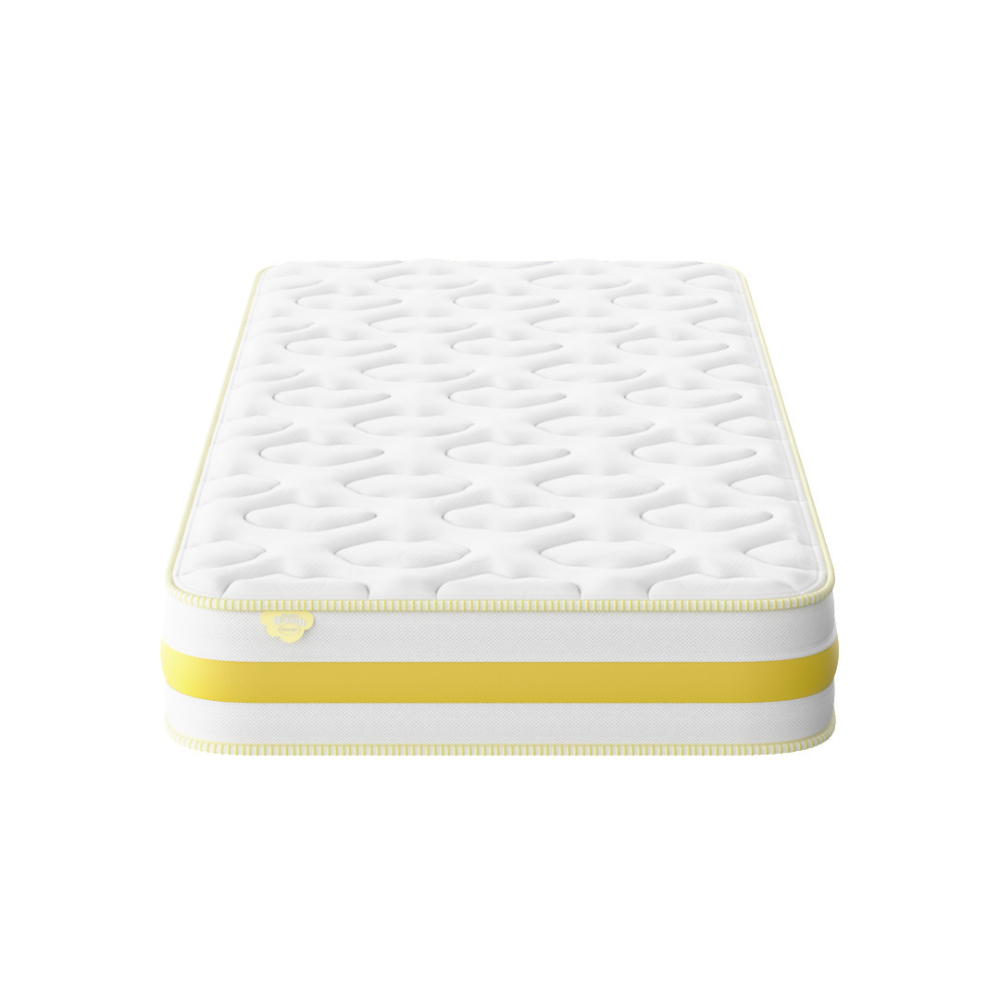the bath book bed routine
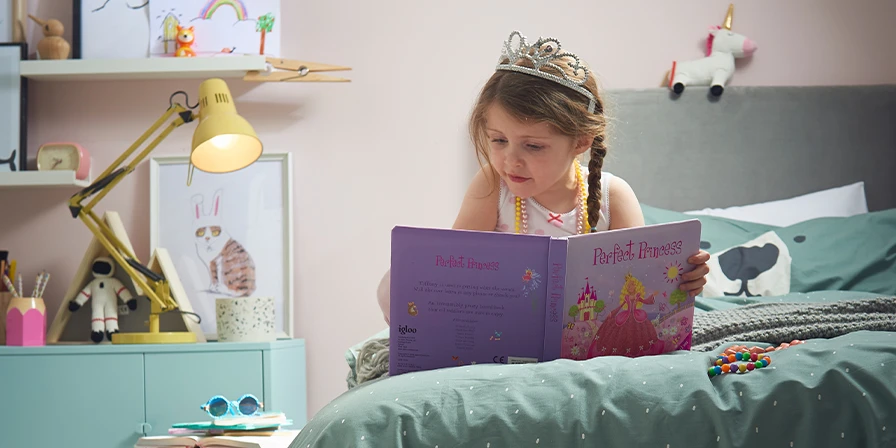
A regular bedtime routine is important not only for children, but for all of the family. Bath Book Bed is the simple solution to sleepless nights to help families in the UK tackle what can be a difficult task: bedtime. Silentnight's sleep expert, Dr Nerina Ramlakhan, is also a firm believer in the Bath Book Bed routine.
She says: "Establishing a good bedtime routine is an integral part of your child's development and helps to ensure they have a great night's sleep. I would advise a bath, then into bed with a book. Simple things like bathing your children, reading them a bedtime story and making sure the room is a comfortable temperature, are key to getting a good night's sleep. This will result in your child being more alert, well rested and focused the next day."
If you're struggling to get your children to stick to a regular bedtime, why not try to follow Dr Nerina's tips to help ensure your child has a great night's sleep?
technology-free
Research has proven that by having a constant stream of light enter our eyes before we go to sleep, we are actually telling our brains that we want to be awake. An hour or so before children go to bed, rule out any blue light. This means no TV, tablets, mobile phones or anything else like this. Your child's bedroom should always be a technology-free environment to encourage sleep.
regular bedtimes
The above study found that 57% of children don't have a regular bedtime, but Dr Nerina argues that this is important. She suggests sticking to a regular bedtime, even if children don’t have school the next day. An ideal time for pre-teens would be no later than 8.30pm.
pre-sleep routine
The few hours before bed can be just as important as actual bedtime. Create a calming pre-sleep routine for your children with relaxing baths with lavender, a milky drink or reading stories. It'll help them wind down and feel ready for bed.
have a chat
One of the big reasons some children don't sleep is worry. Talk to your child about any concerns they may have before bedtime and encourage simple meditation by repeating a calming word or by helping them with their breathing techniques, like breathing deeply from the stomach. This should help ease their worries.
sleep-friendly bedroom
Bedrooms need to be sleep-friendly, with a cool environment. Freshly washed bedding, possibly lavender-fragranced, can make the room feel calming and relaxing.
















